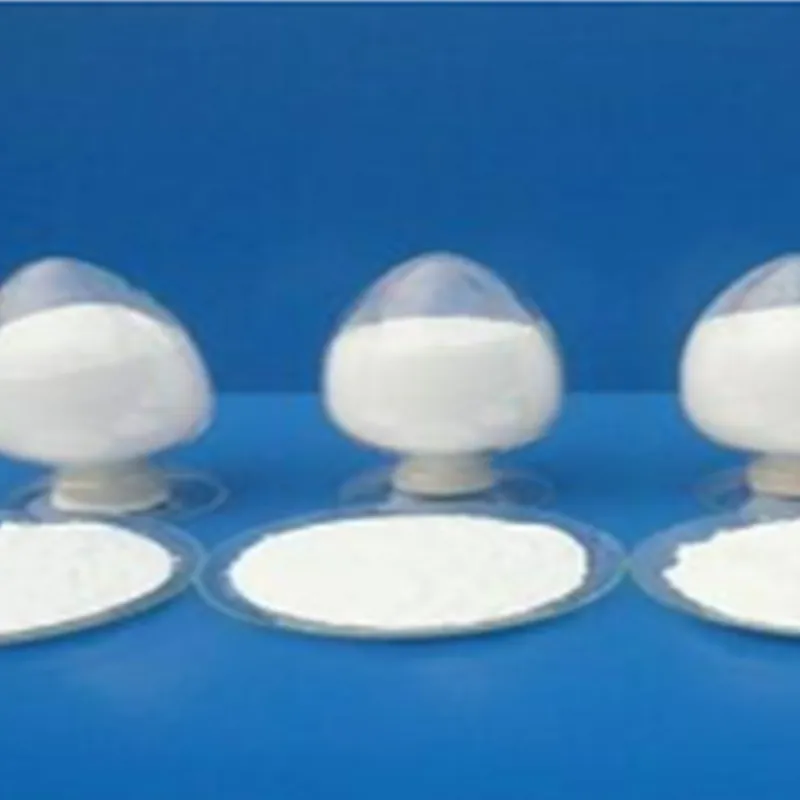
Exploring the Impact of Flavor Enhancement on Culinary Experience and Consumer Preferences
The Role of Flavour Enhancers in Modern Cuisine
Flavour enhancers have become a staple in contemporary cooking, significantly altering the way we experience food. From the salty umami of soy sauce to the distinctive kick of monosodium glutamate (MSG), these substances are designed to boost the natural flavours of ingredients, creating more appealing and satisfying dishes. This article explores the role of flavour enhancers in modern cuisine, their benefits, and some health considerations that accompany their use.
At its core, a flavour enhancer is a substance that enhances the existing flavours in food without contributing a distinct taste of its own. The most well-known flavour enhancer, MSG, was discovered in the early 20th century by Japanese chemist Kikunae Ikeda. He isolated the compound from seaweed and identified its ability to evoke a unique savouriness, which he termed umami. This discovery paved the way for the broader use of flavour enhancers in food production and the culinary world.
One of the primary benefits of flavour enhancers is their ability to make meals more enjoyable. Many people have busy lives and often rely on quick, convenient meals. By incorporating flavour enhancers, manufacturers can create products that are not only time-saving but also deliver rich, satisfying flavours that appeal to a wide audience. For instance, packaged noodles and canned soups often feature flavour enhancers that replicate the complex taste profiles of homemade dishes, allowing consumers to enjoy gourmet experiences in mere minutes.
flavour enhancer

Flavour enhancers also play a critical role in addressing dietary restrictions. For individuals on low-sodium diets, certain flavour enhancers can deliver the gratifying essence of saltiness without the associated health risks of excessive sodium intake. Moreover, they can be a means of enriching flavours in vegetarian and vegan dishes, where umami notes are less prevalent due to the absence of meat. By using substances like nutritional yeast or mushroom extracts, cooks can impart a depth of flavour that makes plant-based meals more appealing.
Nonetheless, the use of flavour enhancers is not without controversy. Some consumers are skeptical about the health implications of these substances, especially MSG. While extensive research has largely declared MSG safe for consumption, reports of allergic reactions and sensitivities persist. This has led to debates about food labelling and transparency in ingredient sourcing. Companies are now often required to provide detailed information regarding the additives they use, allowing consumers to make informed choices about what they put into their bodies.
Moreover, the over-reliance on flavour enhancers can detract from traditional cooking techniques and the appreciation of natural ingredients. There's a growing movement towards fresh, whole-food cooking that emphasizes the inherent flavours of ingredients rather than masking them with additives. As a result, many chefs and home cooks are guided by the philosophy that whole, minimally processed foods should take center stage, promoting a movement away from synthetic flavourings.
In conclusion, flavour enhancers occupy a unique space in the landscape of modern cuisine, offering convenience and a burst of taste in our fast-paced lives. While they can improve the palatability of meals and cater to specific dietary needs, their use should be balanced with an appreciation for natural flavours and whole foods. As consumers become more educated and discerning about their food choices, the culinary world may see a shift towards a more mindful and conscious approach to cooking. The future of flavour in our meals will likely be a blend of tradition and innovation, where the art of cooking remains paramount, even as enhancers continue to enrich our culinary experiences.
-
Pure Sodium Dichloroisocyanurate Dihydrate | Powerful DisinfectantNewsAug.29,2025
-
Industrial Chemicals: Quality & Purity for Every IndustryNewsAug.28,2025
-
Nitrile Rubber Honoring Strict Production StandardsNewsAug.22,2025
-
Aspartame Ingredients Honoring Food Safety ValuesNewsAug.22,2025
-
Fertilizer for Balanced Plant NutritionNewsAug.22,2025
-
Cyanide Gold Processing with High Purity AdditivesNewsAug.22,2025
-
Formic Acid in Textile Dyeing ApplicationsNewsAug.22,2025
Hebei Tenger Chemical Technology Co., Ltd. focuses on the chemical industry and is committed to the export service of chemical raw materials.
-

view more DiethanolisopropanolamineIn the ever-growing field of chemical solutions, diethanolisopropanolamine (DEIPA) stands out as a versatile and important compound. Due to its unique chemical structure and properties, DEIPA is of interest to various industries including construction, personal care, and agriculture. -

view more TriisopropanolamineTriisopropanolamine (TIPA) alkanol amine substance, is a kind of alcohol amine compound with amino and alcohol hydroxyl, and because of its molecules contains both amino and hydroxyl. -

view more Tetramethyl Thiuram DisulfideTetramethyl thiuram disulfide, also known as TMTD, is a white to light-yellow powder with a distinct sulfur-like odor. It is soluble in organic solvents such as benzene, acetone, and ethyl acetate, making it highly versatile for use in different formulations. TMTD is known for its excellent vulcanization acceleration properties, which makes it a key ingredient in the production of rubber products. Additionally, it acts as an effective fungicide and bactericide, making it valuable in agricultural applications. Its high purity and stability ensure consistent performance, making it a preferred choice for manufacturers across various industries.





